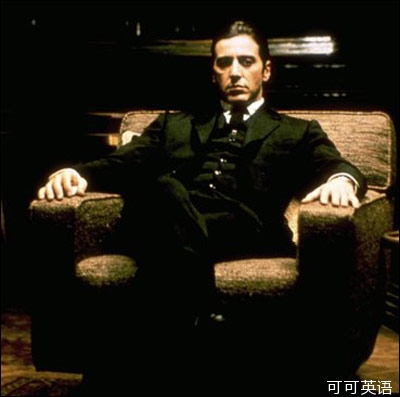
Telling a story is the most powerful way to activate our brains. If you want to become a better storyteller, UCLA Film School Howard Suber says you should keep in mind the word "but" and the theme that "things are not what they seem."
講故事是激活我們大腦最有力的方式了。如果你想成為一名更棒的故事講述者,加州大學洛杉磯分校電影學院的霍華德·蘇伯認為,你應該記住“然而”這個詞以及相應的主題“事情其實不是它表面看上去的那樣”。
In an interview with Barking Up The Wrong Tree's Eric Barker, Suber says all great stories have the word "but":
在由埃里克·巴克撰寫的“扒錯了樹皮”欄目訪談中,蘇柏教授說,很棒的故事中都有“然而”一詞(我為什么會試著翻譯這么XX的文章。。大概是原帖的跟帖討論有點諧音的樂趣——“lol作為偉大而無厘頭的世界第一的美國人,我們都把but看成了BUTT !”,譯者注):
Which is to say inexperienced or poor storytellers structure their material with the words "and" or "then." So "They did this, and then they did that, and then they did this, and then they did that," which produces an episodic structure that doesn't build on anything, and there's no relationship between what came before and what came after.
也就是說,那些缺乏經驗或糟糕的寫故事人,把他們的材料用“并且”或“然后”組織起來,所以“他們做了這個,然后他們去做那個,然后他們又做這個,然后去做那個。”這樣寫出的是沒有建立在任何問題(矛盾沖突)上的情節結構,并且讓先后發生的事件之間看不到任何關聯。
Focusing on "but" rather than "and" when telling a story leads you to add a surprise or twist:
在寫故事時專注于“然而”而不是“并且”會引導你加入驚喜或轉折的情節:
So Michael Corleone is a cold-blooded murderer, but he does it for his family. Rick Blaine sticks his neck out for nobody, as he tells you three times, but then he does, and sacrifices the only thing he's ever really loved for the cause. It's precisely the fact that things are not what they seem that makes a story interesting.
“因此邁克爾·克里昂是個冷血殺手,然而他這么做是為了他的家人。”“里克·布里恩告訴過你三次,他絕不會為任何人白白冒險,然而,后來他這么做了,并為之犧牲了他唯一真心熱愛過的東西。” 事實恰恰如此,讓一個故事變得有趣的情節,是那些眼見也未必為實的事情。
BY:Marwormer











